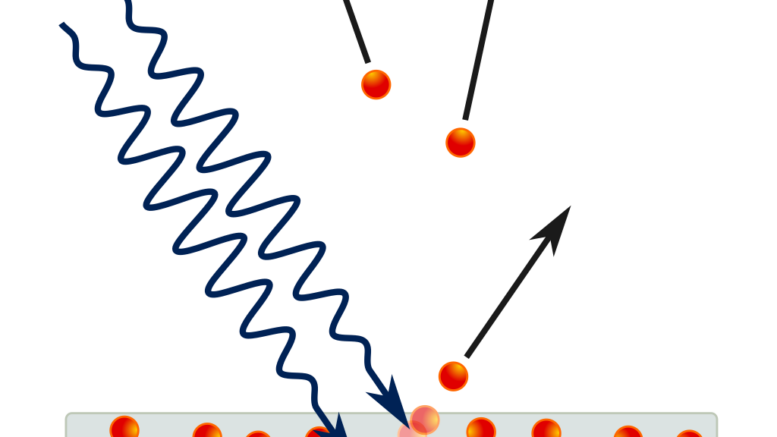di Sergio Mauri
Quantum physics, also known as quantum mechanics, is a branch of physics that deals with the behavior of matter and energy at the smallest scales, such as atoms, molecules, and subatomic particles. It provides a framework for understanding the fundamental nature of the universe and how it works on the quantum level.
Unlike classical physics, which describes the behavior of macroscopic objects, quantum physics introduces a set of principles and mathematical formalism to describe the behavior of particles and systems at the quantum level. Some key principles of quantum physics include:
- Superposition: Quantum particles can exist in multiple states simultaneously. For example, an electron can be in a superposition of spin-up and spin-down states until it is measured and collapses into one of those states.
- Wave-particle duality: Particles, such as electrons and photons, exhibit both wave-like and particle-like properties. They can exhibit interference and diffraction patterns similar to waves, yet they also possess discrete energy levels like particles.
- Uncertainty principle: There is inherent uncertainty in the measurement of certain pairs of physical properties, such as position and momentum, or energy and time. This principle, formulated by Werner Heisenberg, states that the more precisely one property is known, the less precisely the other can be determined.
- Quantum entanglement: When two or more particles become entangled, their states become correlated in such a way that the state of one particle cannot be described independently of the others. Measuring the state of one entangled particle instantaneously affects the state of the other, regardless of the distance between them.
Quantum physics has been highly successful in explaining a wide range of phenomena and has led to the development of various technologies, including lasers, transistors, and atomic clocks. It also plays a crucial role in fields like quantum computing, quantum cryptography, and quantum information theory, which explore the potential of harnessing quantum properties for practical applications.
However, quantum physics often challenges our intuition and departs from classical notions of causality and determinism. It presents a probabilistic view of the world, where measurement outcomes are inherently uncertain and described by probability distributions rather than definite values.


